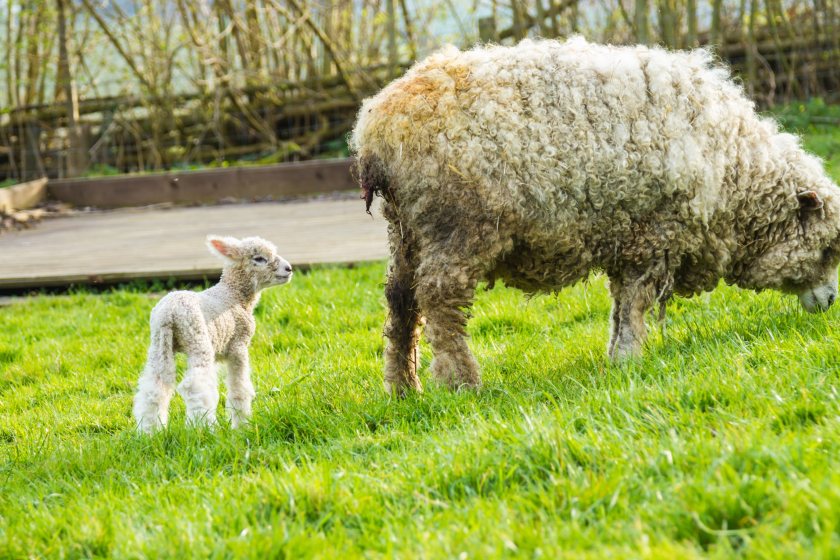
An innovative project using canine DNA technology from livestock attacks is taking its next step in the process of engaging with farmers to further develop the technique.
Led by Liverpool’s John Moores University, the project will now distribute canine DNA collecting kits to farmers in hotspot areas that are seeing recurring problems with dog attacks.
The kits include swabs, scissors, tape, detailed instructions for DNA collection and information regarding the project.
It is hoped the trial period of testing and collecting could lead to an expansion of the project leading to evidence gathering that could lead to prosecution, down the line.
Farm animals worth an estimated £2.4 million were severely injured and killed by dog attacks in 2022, NFU Mutual's latest figures show.
Not only do these attacks cause suffering to livestock, but they can traumatise farmers and their families as they deal with the aftermath.
While attacks are on the increase, obtaining suitable forensic samples from the scene is often difficult as attacks can occur in remote locations.
In recent months, farming groups have been at the heart of important discussions to provide better legislative powers in Westminster relating to dog attacks on livestock.
The industry has been publicly supportive of improved powers for police in order to help officers to respond more effectively when a dog attack has occurred on a farm.
Dr Nick Dawnay, from Liverpool John Moores University, who is leading the project, said rural crime police officers can’t always attend scenes in a timely manner.
"So quite often no forensic sample is collected from the injured or deceased livestock," he explained.
"Timing of sample collection is important as the DNA of an offending dog will not last long on an animal exposed to the elements or on a dead carcass that has been disturbed or moved.”
This led Dr Dawnay to develop early evidence kits so that, in the event of a livestock attack, a forensic sample can be collected at the crime scene by police, vets and farmers.
The kits will enable canine DNA to be collected in minutes at the scene of the attack, with samples then handed to the police.
They will be distributed across 10 regions in England and Wales via participating police forces, NFU Mutual, the National Sheep Association, and NFU Cymru.
